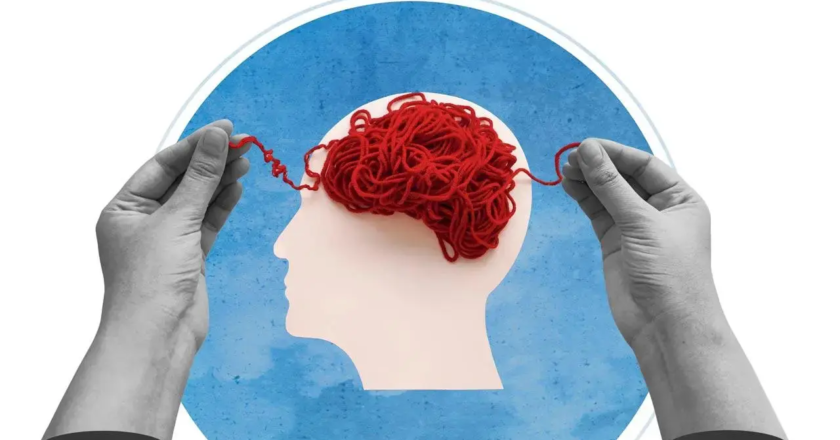Suffering from metabolic syndrome? Almonds may help improve health, finds study
Suffering from metabolic syndrome? A handful of almonds daily may help improve your health, according to a study.
People with metabolic syndrome have at least three of the conditions like abdominal obesity, high blood pressure, high blood sugar, low levels of "good" cholesterol, and high levels of triglycerides.
Scientists at Oregon State University (OSU), US, showed that eating 2 ounces of almonds -- about 45 nuts -- daily led to signs of better cardiometabolic and gut health.
The research, published in the journal Nutrition Research, is important because almost 40 per cent of the US adult population is estimated to have metabolic syndrome, a cluster of conditions that significantly increase the risk of developing cardiovascular disease and type 2 diabetes.
Metabolic syndrome has also...










